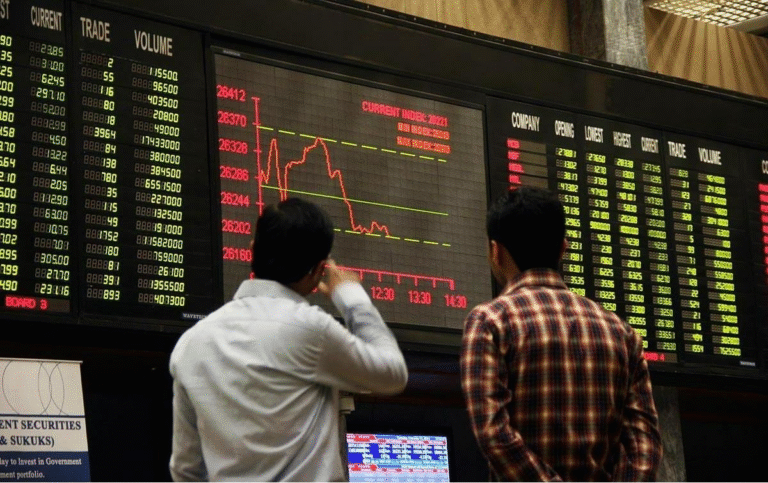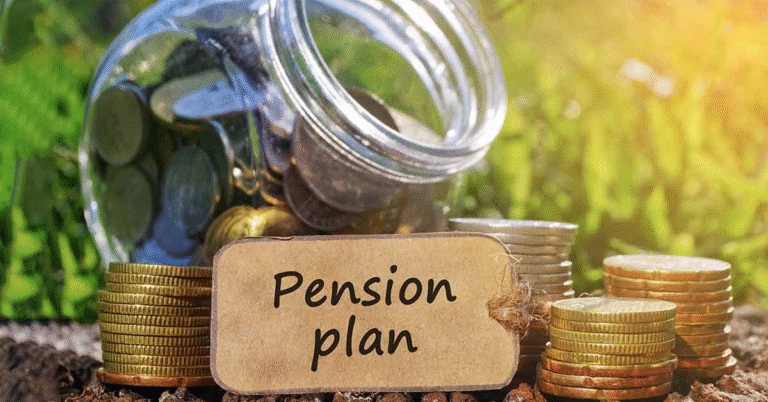HPV Vaccine: What It Is and Where It Is Used Worldwide
As Pakistan debates the Human Papillomavirus (HPV) vaccine, global evidence overwhelmingly supports its safety and effectiveness in preventing cervical cancer.
The HPV vaccine, introduced in 2006 and endorsed by the World Health Organization (WHO), is now part of national immunisation programmes in over 150 countries. It is regarded as one of the most effective tools against cervical cancer, which causes nearly 90% of related deaths in low- and middle-income nations.
Six vaccines are currently licensed worldwide, including bivalent, quadrivalent, and nonavalent types. All carry excellent safety records and have helped cut cancer rates where vaccination is widely adopted. The vaccine also reduces the risk of other HPV-related cancers such as throat, vaginal, vulvar, and anal cancers, while nearly eliminating genital warts.
Read More: Govt Seeks Intelligence Agencies Input to Appoint Drug Inspectors
WHO recommends that girls aged 9–14 receive the vaccine before becoming sexually active. The organisation’s target is to ensure 90% of girls are vaccinated by age 15 globally. Early immunisation provides the strongest protection and long-term health benefits.
In Pakistan, however, misinformation continues to discourage many families from opting for the vaccine. Myths around safety and cultural misconceptions often overshadow scientific evidence, leaving young girls vulnerable to preventable diseases.
Punjab’s Education Minister Rana Sikandar Hayat has sought to counter such fears, declaring the vaccine “100% safe” and confirming that his own family members were vaccinated. He urged parents to reject rumours and act in their daughters’ best interests.



